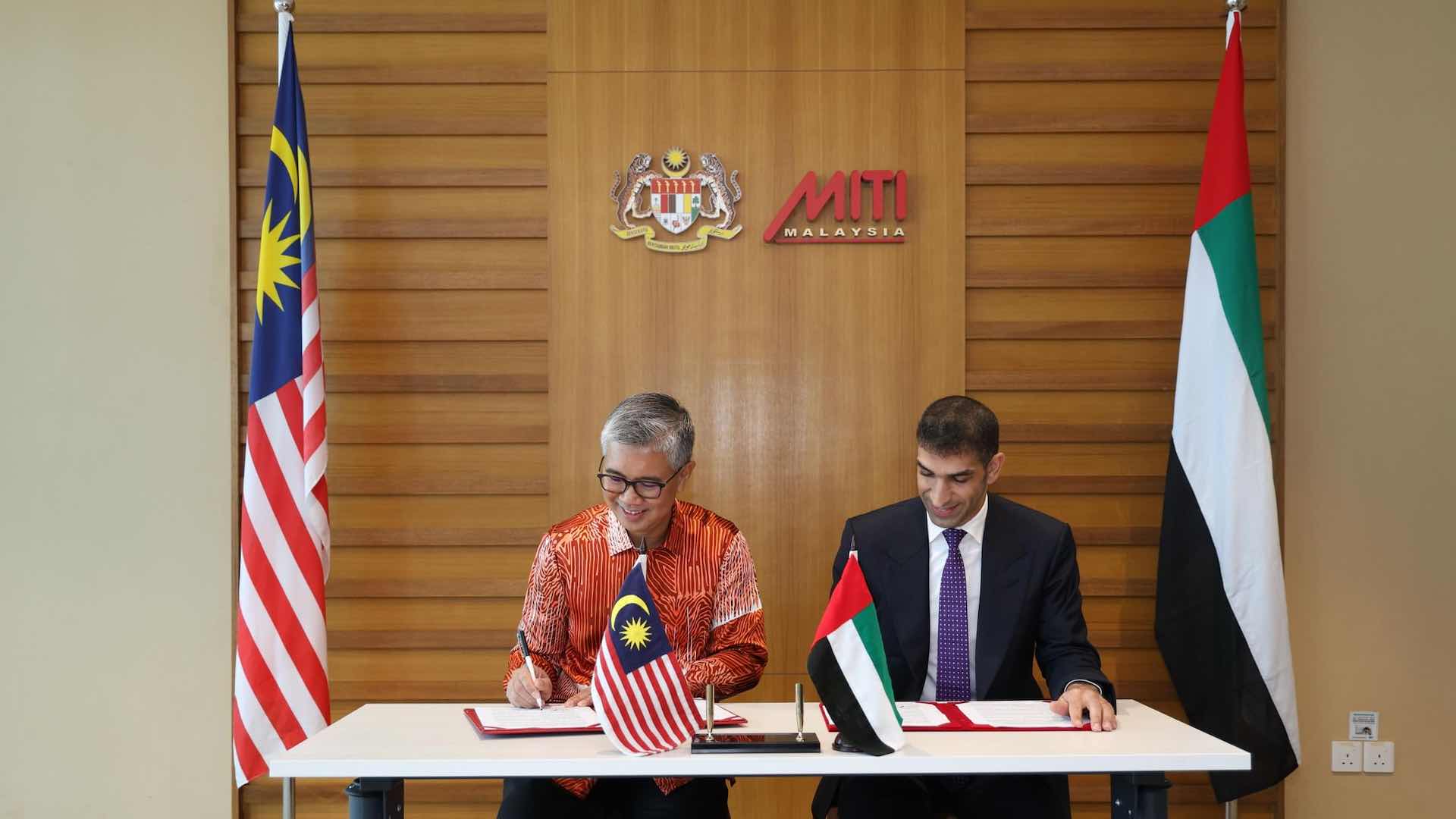MENA Newswire News Desk: The United Arab Emirates (UAE) and Malaysia have successfully concluded negotiations on a Comprehensive Economic Partnership Agreement (CEPA) aimed at enhancing trade and investment between the two nations. The agreement, announced on October 10, 2024, seeks to reduce tariffs, remove barriers to trade, and promote private-sector collaboration, while opening up new investment pathways. The conclusion of this CEPA marks a significant milestone in the strengthening of economic ties between the two countries.

The UAE’s Minister of State for Foreign Trade, Dr. Thani bin Ahmed Al Zeyoudi, and Malaysia’s Minister of Investment, Trade and Industry, Zafrul Aziz, confirmed the finalization of the agreement. Bilateral non-oil trade between the UAE and Malaysia reached over $4.9 billion in 2023, and in the first half of 2024, trade grew to $2.5 billion, reflecting a 7% increase compared to the same period in 2023. These figures underscore the growing importance of their economic relationship.
Malaysia ranks as the UAE’s 12th-largest trading partner in Asia and the fifth-largest among ASEAN countries. Meanwhile, the UAE is Malaysia’s second-largest trading partner in the Arab world, accounting for 32% of Malaysia’s trade with Arab nations. The UAE is also the destination for 40% of Malaysia’s merchandise exports to the Arab world, further solidifying its position as a key player in bilateral trade.
Dr. Thani emphasized that the UAE’s ongoing efforts to forge Comprehensive Economic Partnership Agreements with various nations reflect the forward-looking vision of the country’s leadership. This strategic approach is designed to expand trade, boost investment flows, and stimulate sustainable economic growth, particularly with key partners like Malaysia.
Zafrul Aziz stated that this agreement represents Malaysia’s first-ever Free Trade Agreement with a Gulf Cooperation Council (GCC) nation, and he expressed confidence in its potential to boost trade and investment between the two countries. He noted that UAE-based companies could leverage Malaysia as a gateway into the ASEAN market, while Malaysian exporters would benefit from immediate duty-free access to the UAE for key products like electrical equipment, electronics, and palm oil.
The UAE’s CEPA programme is part of the nation’s broader plan to expand its non-oil foreign trade to AED 4 trillion by forging partnerships with strategically important markets around the world. These agreements are designed to stimulate economic growth by facilitating trade, investment, and supply chain integration. The UAE has already established CEPAs with Indonesia and Cambodia, with each agreement playing a crucial role in accelerating bilateral trade and strengthening ties between the UAE and the ASEAN region.
